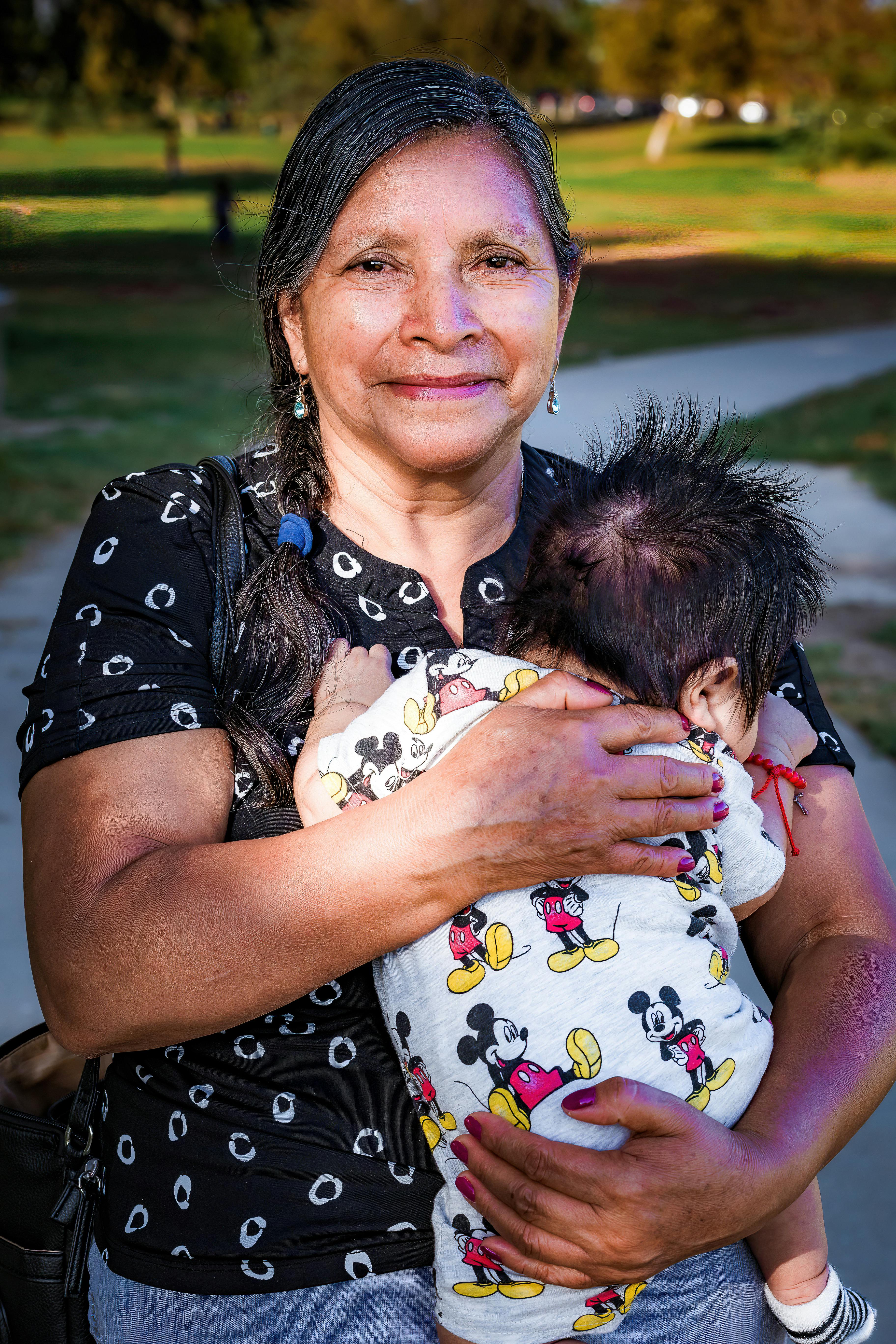Table of Contents
Establishing Rapport with Children
One of the most important aspects of being a successful babysitter is building a positive and trusting relationship with the children in your care. When you first arrive at a babysitting job, take the time to introduce yourself and engage with the children on their level. Ask them about their interests, play games with them, and show genuine interest in what they have to say. By building rapport with the children, you can establish a sense of trust and create a comfortable environment for everyone involved.
On-Demand Childcare in Your Neighborhood
Book a Sitter
Safety Guidelines
Safety should always be the top priority when caring for children. As a babysitter, it is essential to be aware of potential hazards in the home and take steps to prevent accidents. Make sure to familiarize yourself with the layout of the home, including where emergency exits are located, and ensure that fire alarms are in working order. Additionally, be sure to follow any safety guidelines provided by the parents, such as no playing near the stairs or no swimming without adult supervision. By being proactive about safety, you can help prevent accidents and keep the children in your care out of harm’s way.
Discipline and Behavior Management
Children can be unpredictable, and as a babysitter, you may encounter challenging behavior from time to time. It is essential to have a clear understanding of how to effectively manage behavior and discipline when needed. Setting clear boundaries and expectations with the children from the beginning can help prevent behavior issues from arising. If discipline is necessary, be firm but fair, and always follow through with consequences. It is also important to communicate with the parents about any behavior concerns so that everyone is on the same page.

Meal Preparation and Feeding
Feeding children properly is an essential part of childcare. As a babysitter, you may be responsible for preparing meals and snacks for the children in your care. Make sure to ask the parents about any food allergies or dietary restrictions that you should be aware of. When preparing meals, be mindful of portion sizes and offer a variety of healthy options. Encourage the children to try new foods, but also respect their preferences.
Additionally, be sure to follow any feeding schedules provided by the parents for younger children, such as infants or toddlers.
First Aid and Emergency Procedures
Accidents can happen, and as a babysitter, it is important to be prepared to handle a variety of emergency situations. Make sure that you are familiar with basic first aid procedures, such as treating minor cuts and burns, and know when to seek professional medical help. It is also important to have a plan in place for emergencies, such as what to do in the event of a fire or severe weather. Make sure to have a list of emergency contacts readily available, including the parents’ contact information and any other necessary phone numbers. By being prepared for emergencies, you can act quickly and decisively to ensure the safety and well-being of the children in your care.
In conclusion, being a babysitter requires a combination of patience, responsibility, and childcare knowledge. By understanding and implementing these essential childcare basics, you can become a successful and reliable babysitter. Building rapport with children, prioritizing safety, effectively managing behavior, preparing meals, and knowing how to handle emergencies are all key components of providing quality childcare. By following these guidelines and continuously improving your skills, you can create a positive and enjoyable experience for both yourself and the children in your care.











